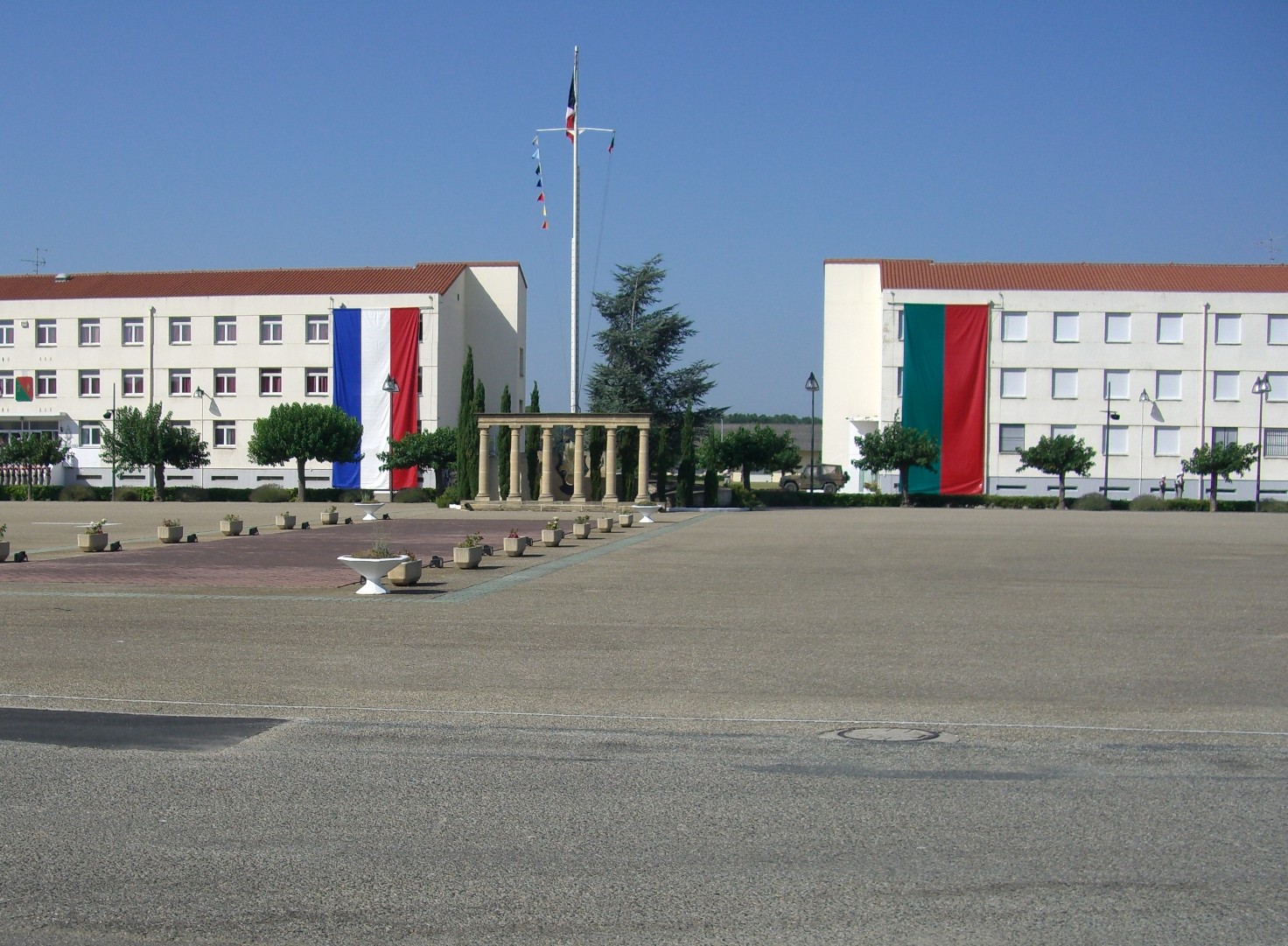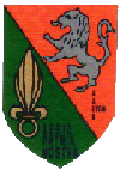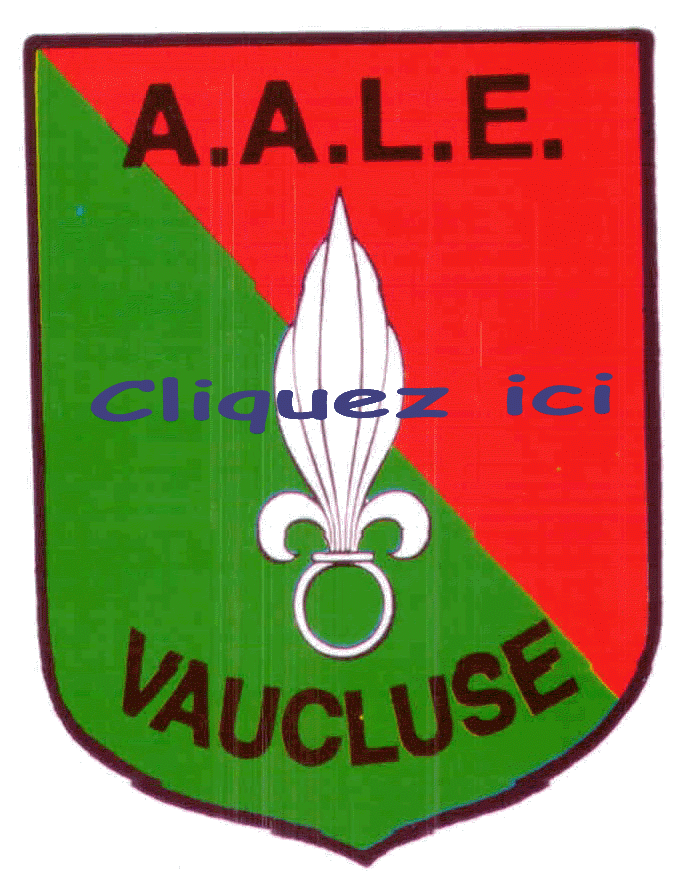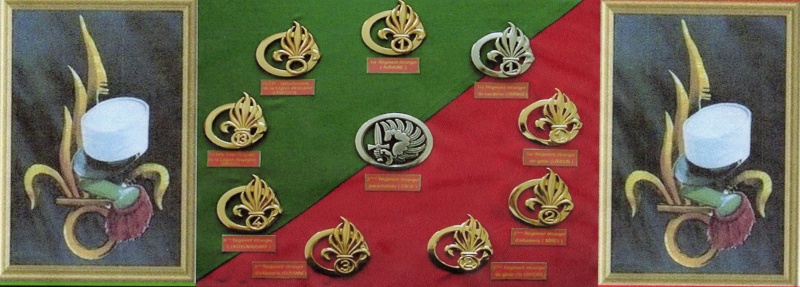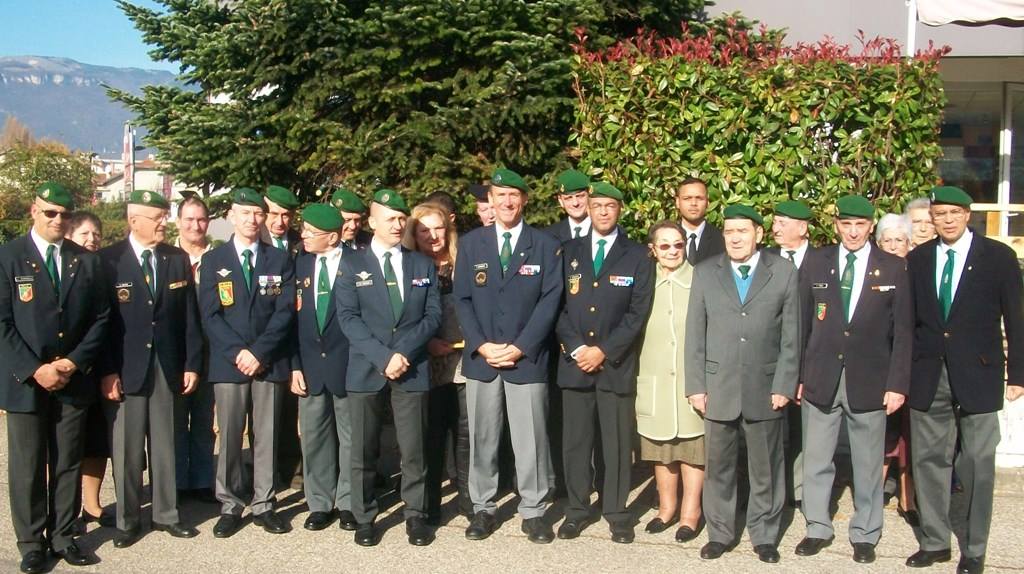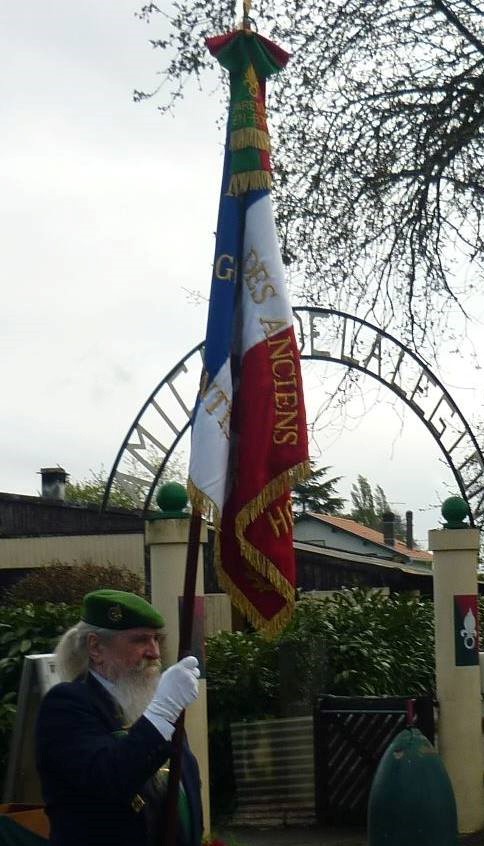
JOINING the French Foreign Legion, or Légion Etrangère, is very different from enlisting into the army of one’s own country. Just anyone from any nation can become a soldier here, but the Legion requires some exceptional physical, moral and mental qualities and a very keen sense of camaraderie, rare among us ordinary human beings.
There have been many films on the subject, perhaps the most legendary of all being the 1939 Hollywood classic, ‘Beau Geste’, in which a very young Gary Cooper takes the blame for the theft of family jewels and joins the Légion Etrangère in order to save the honour of his aristocratic kinsfolk, definitively leaving them behind in England.
In the movie Beau Geste is the hero’s name, but it is also a word, both in French and English; the Oxford dictionary describes it as “a graceful, magnanimous gesture”. Currently a Legionnaire of Spanish origin has got the whole of France puzzled over whether to qualify his act as gracious or quite simply heinously criminal.
Let’s begin at the beginning. Francisco Benitez, a tall fellow with wide shoulders, a muscular body and a permanent grin on his bearded face, was much liked by his comrades in the Foreign Legion who affectionately called him Paco.
He apparently lived a peaceful life in the southern French city of Perpignan with his wife Marie-Josée and his pretty teenage daughter Allison, who was elected the local beauty queen earlier this year.
This dreamlike story blows apart when, on July 21, Benitez walks into the neighborhood police station, his ever-present smile missing this time, and reports that he hasn’t seen Marie-Josée and Allison since July 14 and that he is worried for their safety.
Asked why it took him a whole week to report this, Benitez replied he had had a discussion with his wife and that he thought she was hiding some place to punish him; the daughter had simply followed her mother. The inspector recorded the complaint and let Benitez return home.
Later, going through his file, police officials suddenly woke up to the fact that a similar incident had taken place when a young woman named Simone Alves de Oliveira, a Brazilian national who lived in the city of Nimes not far from Perpignan, was reported missing on November 29, 2004. She happened to be Benitez’s mistress.
The Legionnaire was questioned by the police at that time. His explanation was that when he told Simone he couldn’t leave his wife and daughter to come to Nimes and live with her, she decided to go back to Brazil. Investigators scraped a little further, only to discover that Simone never returned to her home country and that no trace of her exists today, either in France or in Brazil or anywhere else.
Benitez was summoned back to the police station the next day and was questioned to find out if there was a connection between the disappearance of Allison and Marie-Josée and that of Simone Alves de Oliveira. He pleaded innocence and denied any wrongdoing.
He returned home in a depressive state of mind and wrote a number of letters and emails to his friends and family members in Spain. He also recorded a video disc that was later telecast by a number of TV networks. In none of his communications did he admit any crime, but at the same time he refrained from a straightforward denial of any kind of wrongdoing. All he said was that he loved his wife and daughter and couldn’t bear being separated from them.
Then, on the evening of July 27, Francisco Benitez committed suicide by hanging himself.
Given the tragic end, it would probably be natural to forgive Benitez. But more and more chilly details are coming to light every day, hinting at his culpability.
Investigators have found traces of DNA belonging to Allison and Marie-Josée in the suspiciously clean and empty deep-freezer of the household, as well as on a recently washed and still humid living room carpet.
Then, the dashboard counter of Benitez’s car shows evidence of a run of 5,000 kilometres between July 14 and 20. The police say 2,500kms is a long distance to go to and come back from within six days, unless Benitez had a special place in mind to get rid of the two bodies.
As more and more facts are fitting themselves into a comprehensible pattern, the investigators say they expect to find, sooner or later, the final proof, and probably the remains of a third corpse hidden in the same place nine years ago. Killing himself was perhaps the idea of a beau geste by the Foreign Legionnaire, but it certainly has missed its point.
The writer is a journalist based in Paris. Cette adresse email est protégée contre les robots des spammeurs, vous devez activer Javascript pour la voir.






































